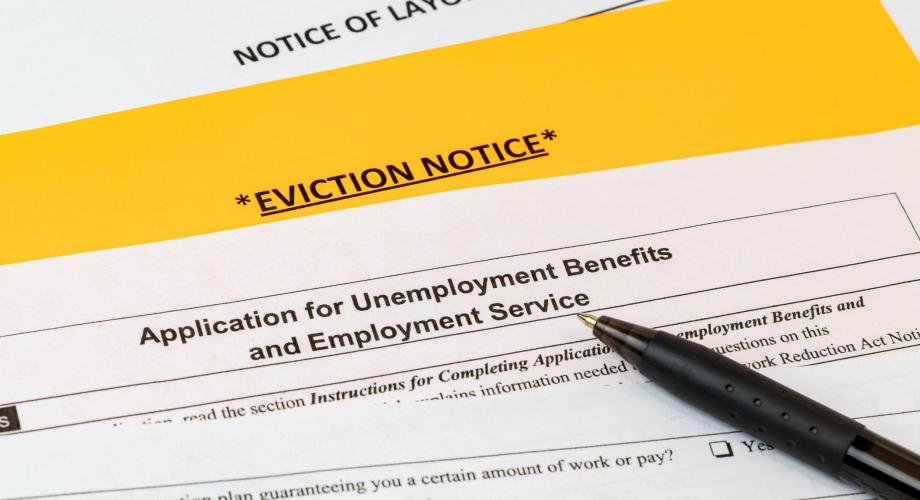The Coronavirus Aid, Relief, and Economic Security (CARES) Act is the third relief package passed by Congress in response to the COVID-19 pandemic and includes a 120-day moratorium on evictions, late fees and other penalties. There is a lot of confusion surrounding this moratorium provision, and it is crucial to understand all of the details.
- Definition of Covered Properties:
- The temporary moratorium applies to properties:
- With a federally backed mortgage or multifamily mortgage loan through the Department of Veterans Affairs (VA), the Department of Agriculture (USDA), the Federal Housing Administration (FHA), the Department of Housing and Urban Development (HUD), Fannie Mae or Freddie Mac; or
- Occupied by a resident who participates in a covered housing program or the rural housing voucher program.*
- *Covered housing programs include:
- Public Housing;
- Section 8 Housing Choice Vouchers;
- Section 8 Project-Based Rental Assistance;
- Section 202 Supportive Housing for the Elderly;
- Section 811 Supportive Housing for Persons with Disabilities;
- Housing Opportunities for Persons with AIDS (HOPWA);
- McKinney-Vento Act Homeless Assistance grants
- Section 236 Preservation Program;
- HOME Investment Partnerships;
- Rural Development multifamily housing (Section 516 Farm Labor Housing Grants, Section 542 Rural Development Vouchers, Section 521 Rural Rental Assistance, Section 533 Housing Preservation grants); and
- Low Income Housing Tax Credit (LIHTC) properties.
- ***Be Advised: While many within the real estate sectors interpret the applicability of the CARES Act eviction moratorium to be limited to covered properties and further specific dwellings within some covered properties, as was Congress’ intent, Section 4024 of the CARES act as written leaves room for an expanded interpretation. NAA is working to close any loopholes created by ambiguities in the language in its Phase 4 advocacy.
- In the absence of clarity codified into the law, this issue will be decided by the courts. To ensure compliance with the CARES Act in its current form, we highly suggest you work with local counsel to better understand your unique responsibilities for the properties in your portfolio in light of the CARES Act and any other state and local eviction mandates due to COVID-19.
- The temporary moratorium applies to properties:
- Application and Scope: The temporary moratorium on eviction filings and late fees only applies to evictions for nonpayment of rent, not for other causes.
- Late Fees: The Act specifically prohibits owners from collecting late fees during the moratorium period. If, when the moratorium ends, the resident is not current with payments, the late fee provision under the lease would apply.
- Notice Requirement: Notices to vacate and eviction petitions for non-payment of rent cannot be issued or filed during the moratorium. According to the CARES Act, owners must wait until after the moratorium ends to deliver notices to vacate for the non-payment of rent. The CARES Act further requires owners provide the resident with a 30-day notice to vacate. Other types of evictions, such as conduct-based evictions, can proceed during the moratorium.
- Federal Supremacy: This federal eviction moratorium supersedes any state or local moratoria applying to covered properties that is of a shorter duration or less stringent.
For information on COVID-19 related policy concerns, Congressional action, best practice operational and legal guidance and NAA’s federal lobbying efforts, see the links below.
